NeuroGPT - Neurology AI Assistance
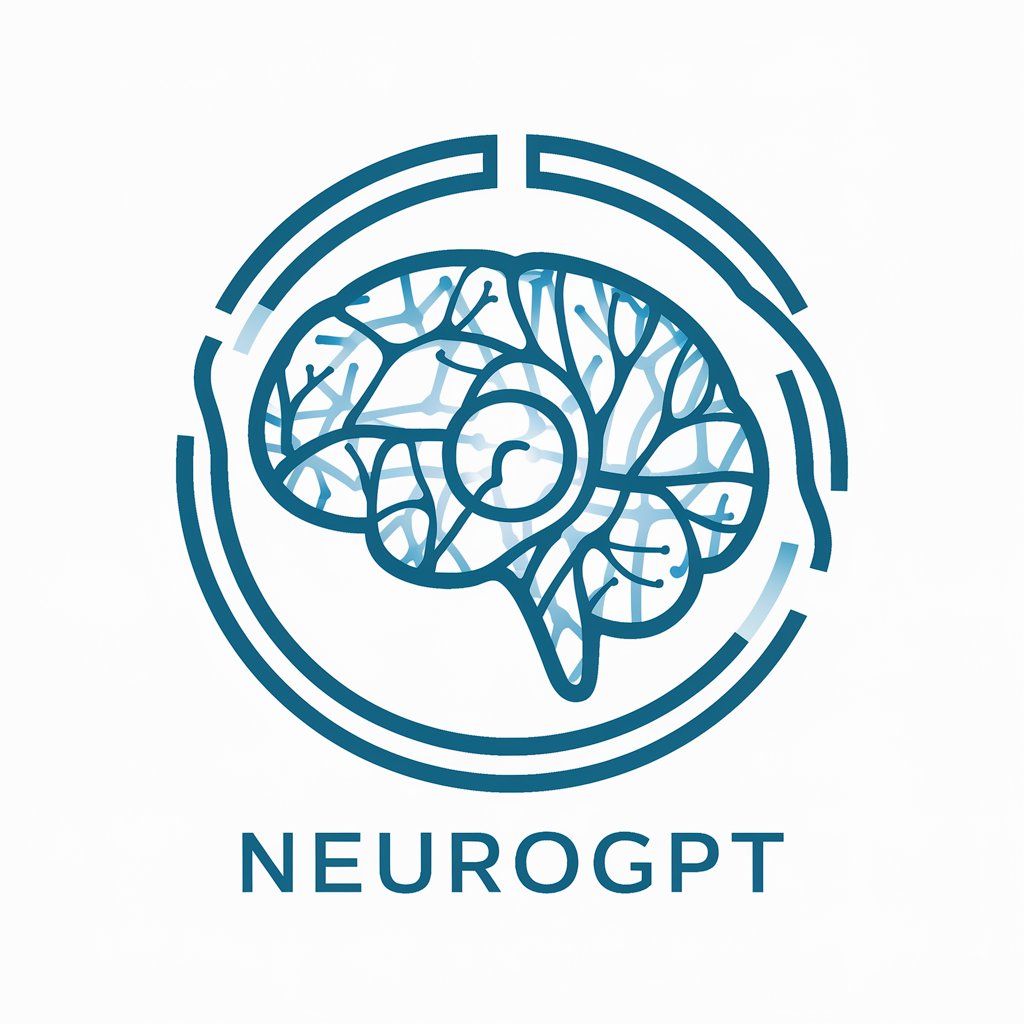
Welcome to NeuroGPT, your neurology expert assistant.
Empowering Neurological Care with AI
What are the latest treatment guidelines for Alzheimer's disease?
Can you provide diagnostic criteria for multiple sclerosis?
How should I manage a patient presenting with new-onset seizures?
What are the common side effects of antiepileptic drugs?
Get Embed Code
Introduction to NeuroGPT
NeuroGPT is a specialized artificial intelligence assistant designed to support professionals in clinical neurology practice. This advanced system combines the GPT language model with access to a wide range of reliable and updated sources in neurology, including treatment guidelines for neurological diseases. Its primary design purpose is to assist in diagnosing and treating neurological disorders, offering recommendations based on the latest and most reliable guidelines. For example, NeuroGPT can analyze symptoms described by a physician and suggest possible diagnoses, followed by evidence-based treatment options, drawing from the latest clinical guidelines and research findings. Powered by ChatGPT-4o。

Main Functions of NeuroGPT
Diagnosis Support
Example
Analyzing patient symptoms and medical history to suggest possible neurological disorders.
Scenario
A neurologist describes symptoms of a patient experiencing frequent headaches, visual disturbances, and nausea. NeuroGPT analyzes this information and suggests the possibility of migraines or intracranial hypertension, recommending further diagnostic tests.
Treatment Recommendations
Example
Providing up-to-date treatment options based on the latest guidelines.
Scenario
Upon diagnosing a patient with Parkinson's disease, a neurologist uses NeuroGPT to explore the most current and effective treatment strategies, including medication options and physical therapy guidelines.
Research and Education
Example
Facilitating access to recent studies and clinical trials relevant to neurology.
Scenario
A researcher is looking into the latest advancements in multiple sclerosis treatment. NeuroGPT provides references to recent clinical trials and meta-analyses on emerging therapeutic approaches.
Ideal Users of NeuroGPT Services
Neurology Professionals
Neurologists, neurosurgeons, and other neurology professionals who require up-to-date information on diagnostics, treatment, and management of neurological conditions. They benefit from NeuroGPT by receiving instant access to the latest guidelines and evidence-based recommendations.
Medical Researchers
Researchers focusing on neurological disorders benefit from using NeuroGPT to gather recent findings, study trends, and identify gaps in the current knowledge base. This aids in directing their research efforts more effectively.
Medical Students
Students studying neurology or related medical fields can use NeuroGPT for educational purposes, such as understanding complex neurological conditions, treatment protocols, and staying abreast of the latest research and developments in the field.

How to Use NeuroGPT
1
Visit yeschat.ai for a free trial without login, also no need for ChatGPT Plus.
2
Choose 'NeuroGPT' from the available chatbot options to focus on neurology-related queries.
3
Input your specific neurological question or case details for personalized, evidence-based advice.
4
Use NeuroGPT’s suggestions to guide clinical decision-making, ensuring to cross-reference with existing medical protocols.
5
Stay updated on the latest neurology practices and research findings by regularly engaging with NeuroGPT.
Try other advanced and practical GPTs
ApertureAI
Elevate Your Photos with AI
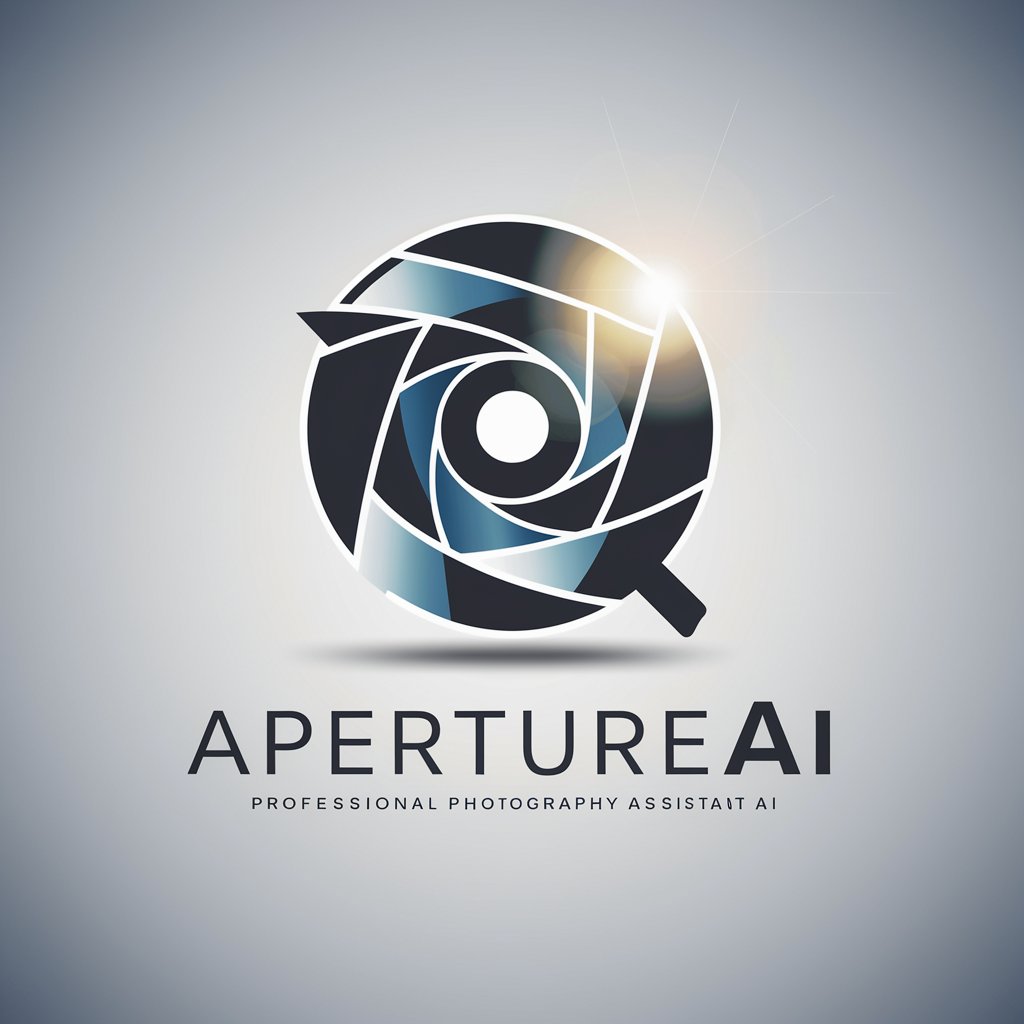
FinanceGpt
Empowering financial decisions with AI.
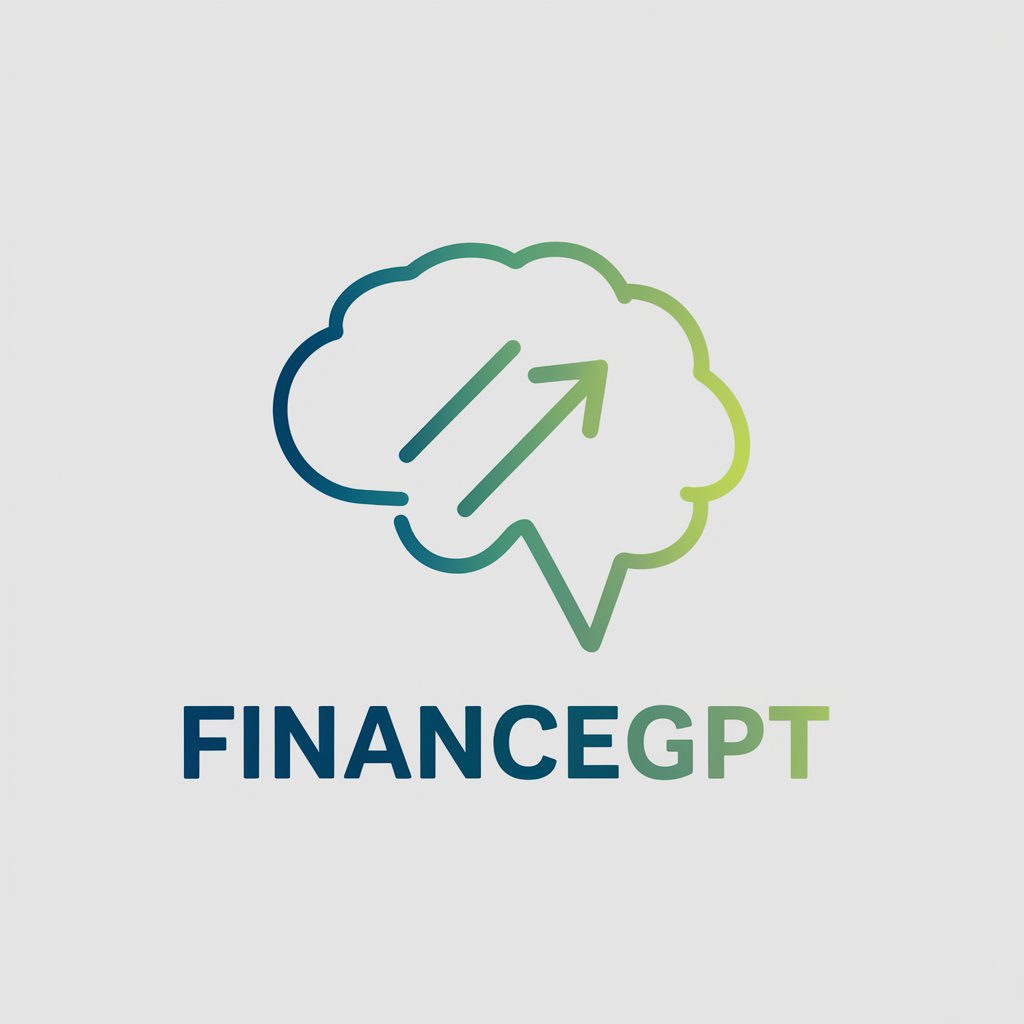
Codex
AI-powered Catholic Doctrine Explorer

Homebase
Empowering in-depth exploration with AI

PythonGPT
Your AI-powered Python mentor

Music Theory GPT
Harmonize Your Music Knowledge
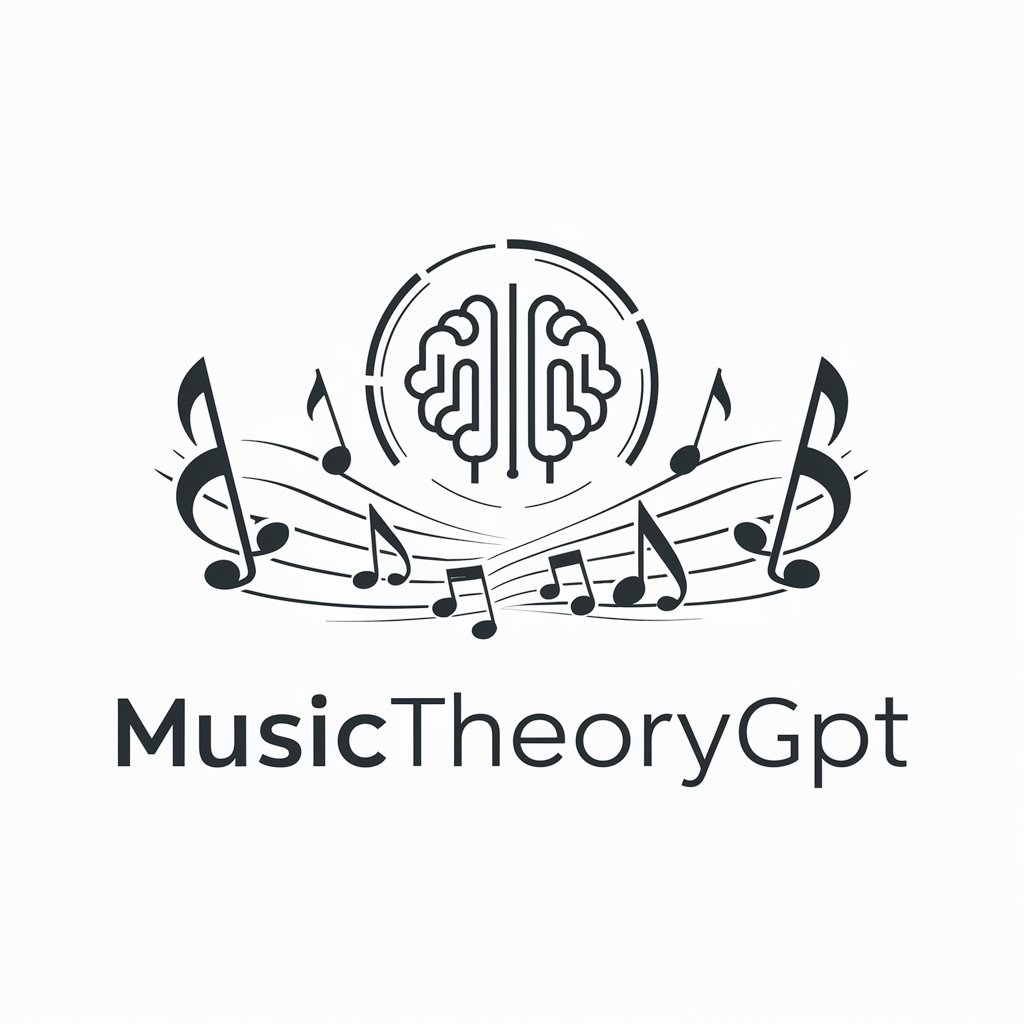
MetaStrat
Strategize with AI-powered Insights
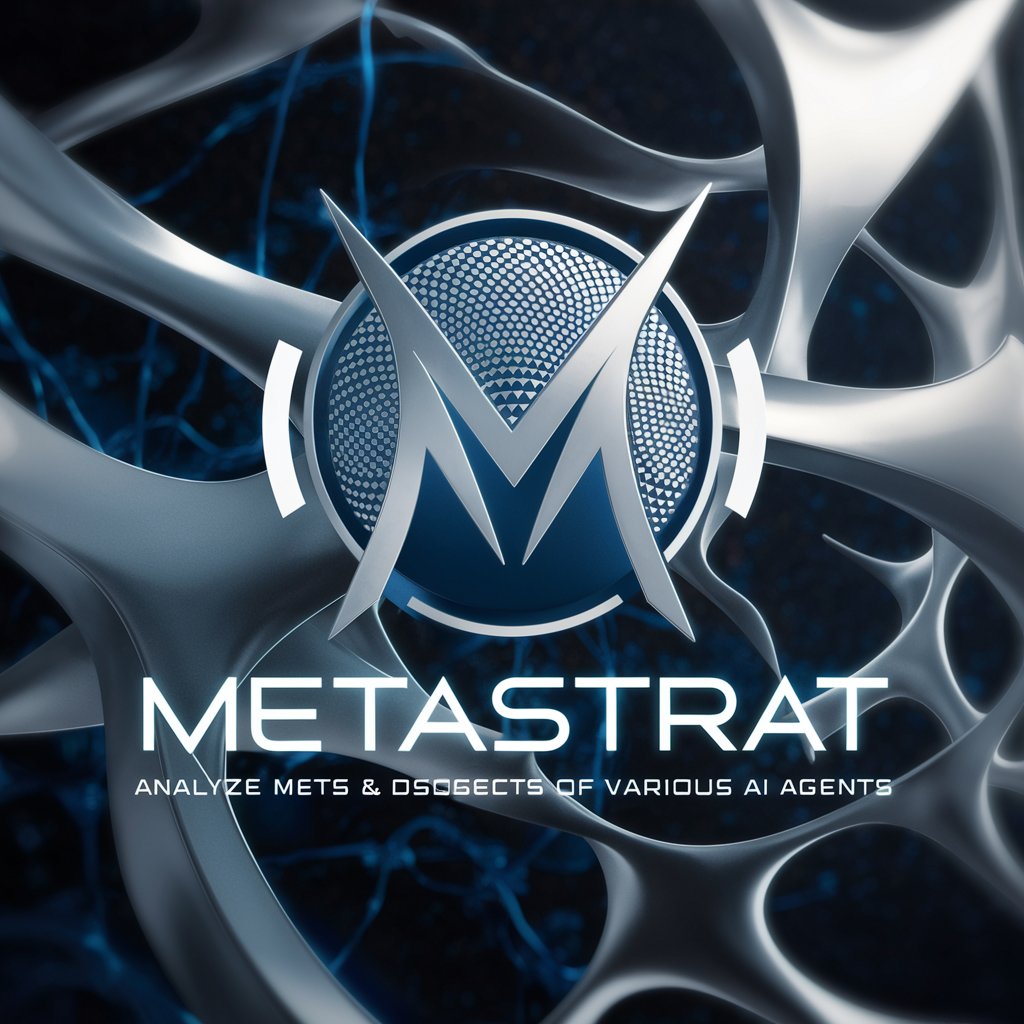
AuthorGPT
Empowering your storytelling journey with AI.
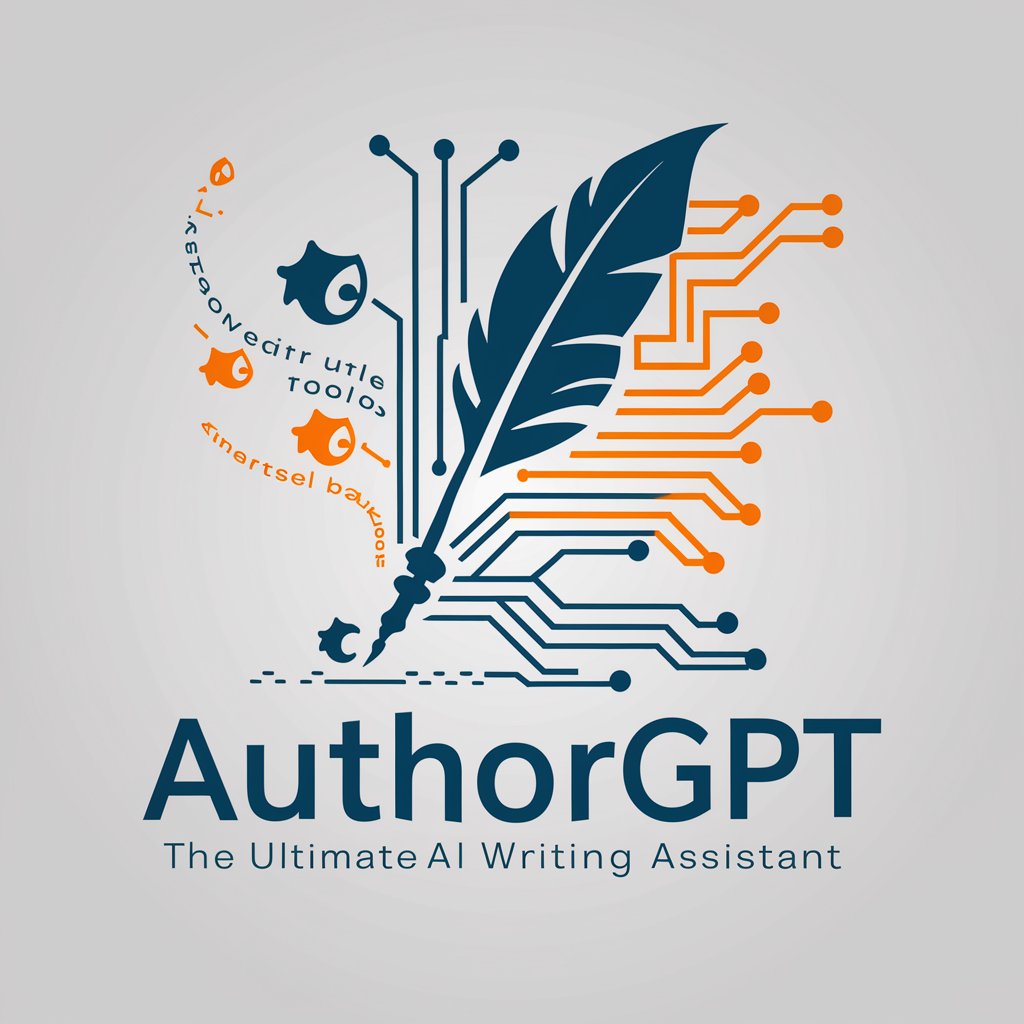
TutorDK
Empowering learning with AI assistance

Storyteller
Bringing Your Stories to Life, AI-Powered

Trends
Elevate your posts with AI-driven insights
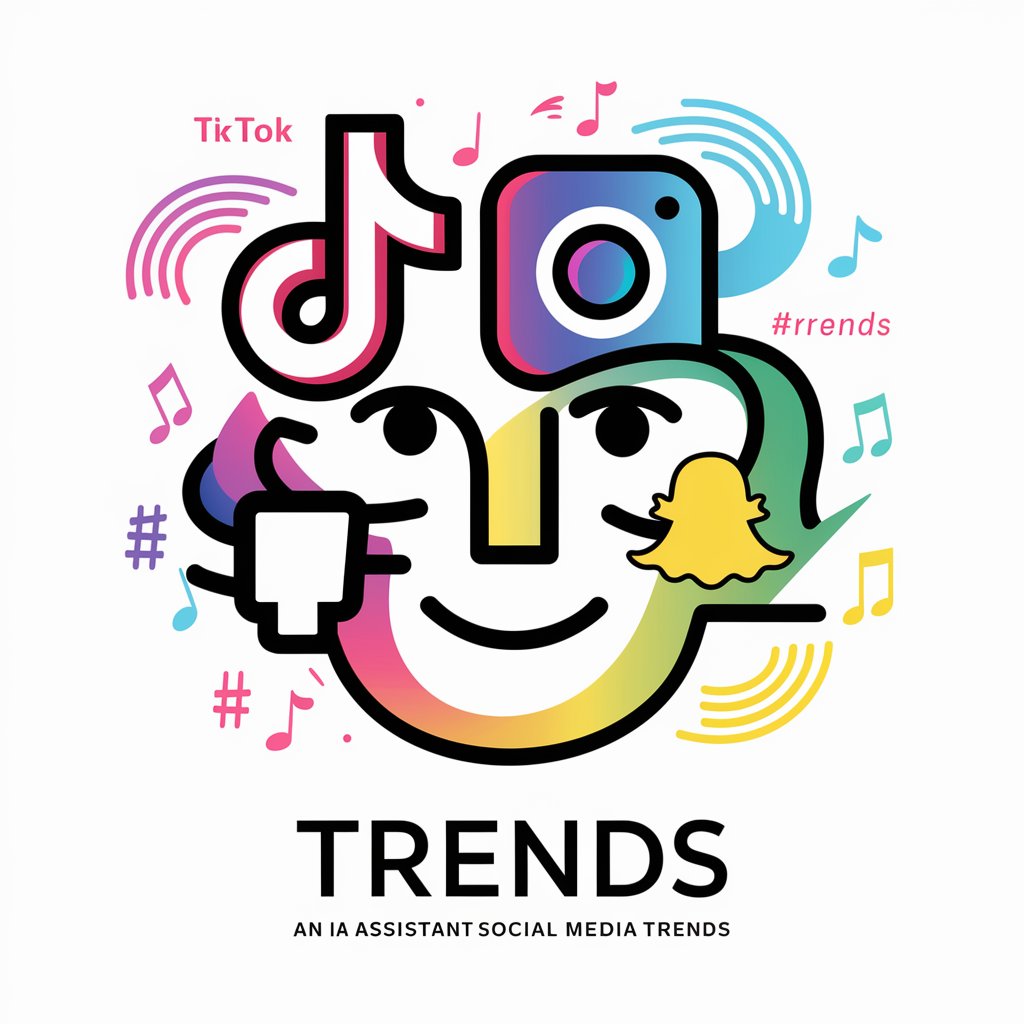
AssistX
Empowering your decisions with AI
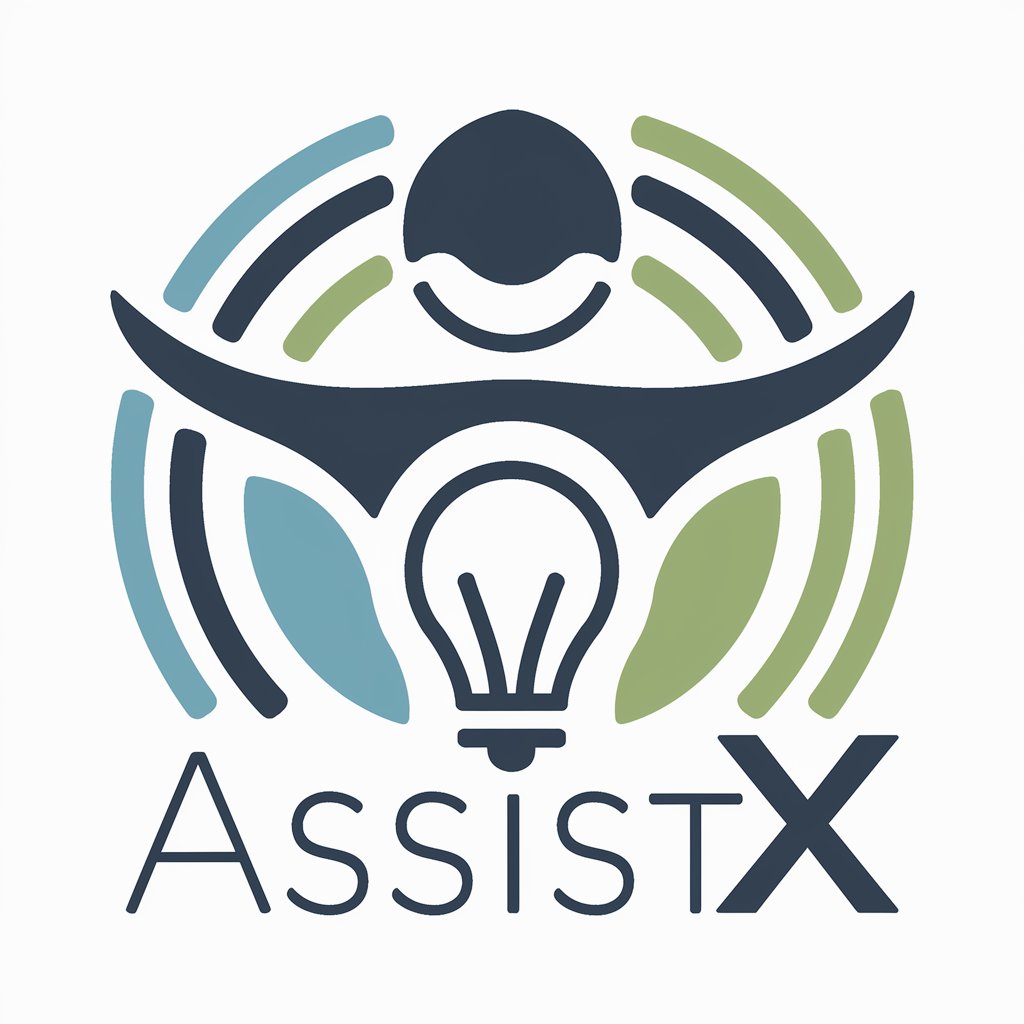
Frequently Asked Questions about NeuroGPT
What is NeuroGPT's primary function?
NeuroGPT is designed to assist healthcare professionals in diagnosing and treating neurological disorders, providing recommendations based on the latest clinical guidelines.
Can NeuroGPT replace medical professionals?
No, NeuroGPT is a support tool and cannot replace the clinical judgment and decision-making of healthcare professionals.
How does NeuroGPT stay current with medical information?
NeuroGPT is regularly updated with the latest research and clinical guidelines in neurology to ensure it provides the most current advice.
Is NeuroGPT useful for patient education?
Yes, NeuroGPT can assist in explaining complex neurological conditions and treatments to patients, enhancing understanding and communication.
Can NeuroGPT assist in research analysis?
NeuroGPT can support the analysis of neurological data and research, aiding in the interpretation and application of findings to clinical practice.
